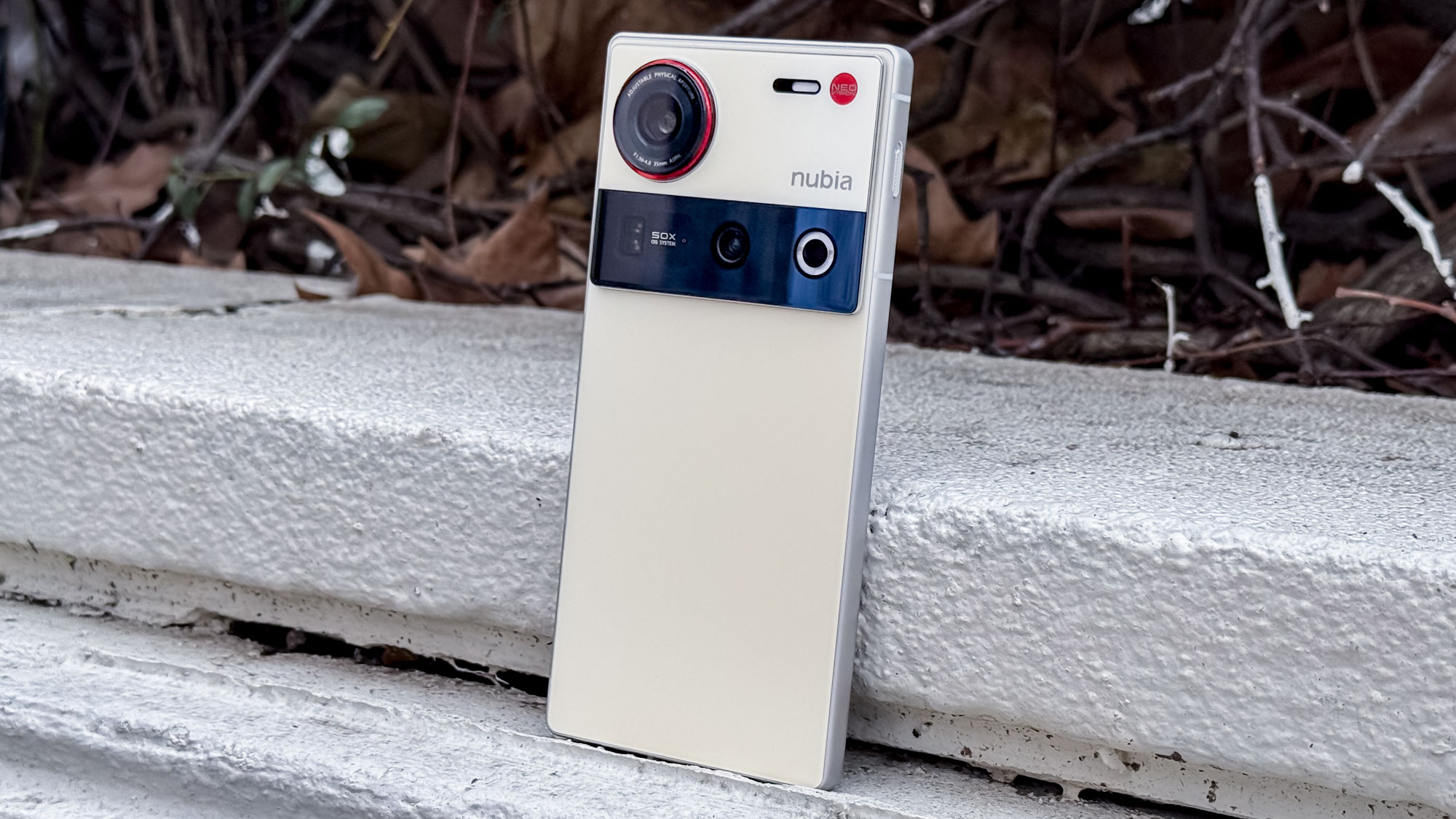
Launching just before the end of 2024 like a student submitting their end-of-year project minutes before deadline, the Nubia Z70 Ultra is one last attempt to shake up the flagship end of the Android phone market in advance of 2025.
Using the latest Snapdragon chip, a unique variable-aperture main camera and a battery larger than any other we've seen to date, the Z70 Ultra is a hardware monster. But the software experience is as rough as it has ever been, and you won't always get photos that look like they come from some of the fanciest cameras on any mobile device.
It's only been four months since the Nubia Z60 Ultra Leading Version arrived, and the Z70 Ultra has made some meaningful improvements over its predecessor. But between some issues from that earlier model returning here and a lot of great phones expected to launch early in the new year, the Nubia Z70 Ultra is likely to be at the top of the hardware heap for only a short time, even if its pricing will remain tempting for as long as it’s on sale.
In my Nubia Z70 Ultra review, I'll look at all the things this phone gets right, and why you still might want to wait before buying your next Android handset.
Nubia Z70 Ultra review: Specs
Nubia Z70 Ultra review: Price and availability
Orders for the Nubia Z70 Ultra opened on November 26, 2024, with availability around the world via Nubia's online store. That includes Australia, although for some reason Nubia will only let you buy the phone in U.S. dollars instead of Australian dollars.
Pricing starts at $729/£649 for the basic model with 12GB of memory and 256GB of storage capacity, and increases to $829/£749 and $949/£899 if you want more RAM and storage. However you look at it though, the Nubia Z70 is an incredible deal, as comparably sized and spec'd phones like the OnePlus 12, Pixel 9 Pro XL and Galaxy S24 Ultra cost between $799 and $1,299.
Nubia Z70 Ultra review: Design and display
Sharp-edged and flat-sided phones are the norm these days, but Nubia makes its Z series especially slab-sided, with a huge rectangular camera block on the back and a big round lens for the main camera protruding from that. It's one of the ugliest phones on the market, although the size of the camera and the accompanying technical labels do at least make the Z70 Ultra look like it means business.
The yellow colorway of my review unit doesn’t do the look of the Nubia Z70 Ultra any favors. The custard-like hue, split in two by a black bar over part of the camera block, looks uniquely unappetizing. Fortunately, there's a more cohesive-looking all-black option, and also a striking blue version that's printed with a portion of Van Gogh's Starry Night. Unfortunately, this artsy version only comes in one of the three available memory options, limiting users' choice if they want one of the most uniquely decorated phones of the year.
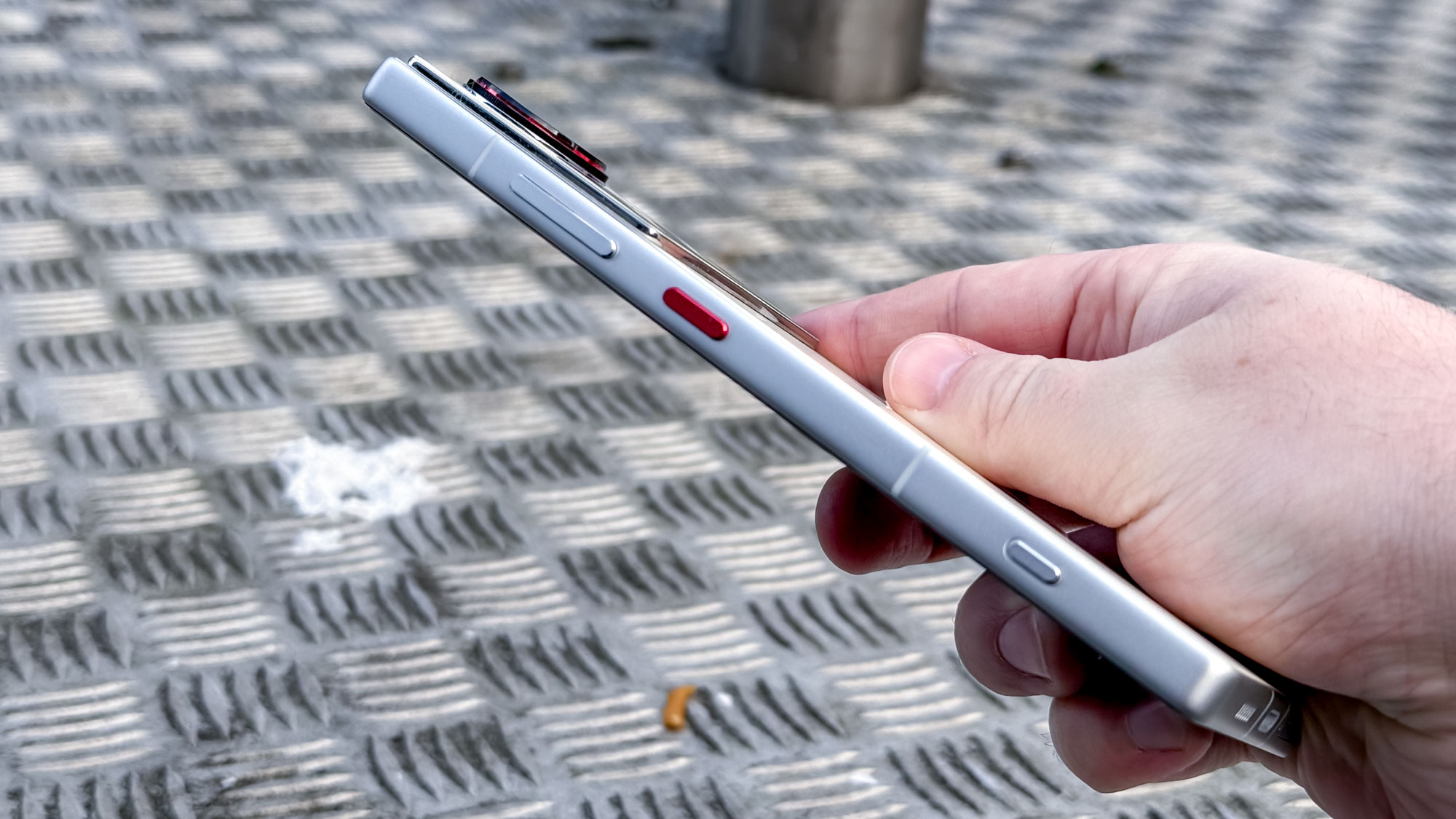
Adding further lumps and bumps to the phone are its slider shortcut key and camera button on the left and right edges respectively. These two wear their iPhone inspiration openly, but surpass the original in some ways. A slider offers much more direct feedback than the haptics of the iPhone’s Action button, after all. And while the camera key does still offer a two-stage shutter (light press to focus, full press to shoot, press and hold for a photo burst), it's nowhere near as complicated as the physical/capacitive hybrid Camera Control on the iPhone 16 models, nor does it assault users with an overwhelming number of options.
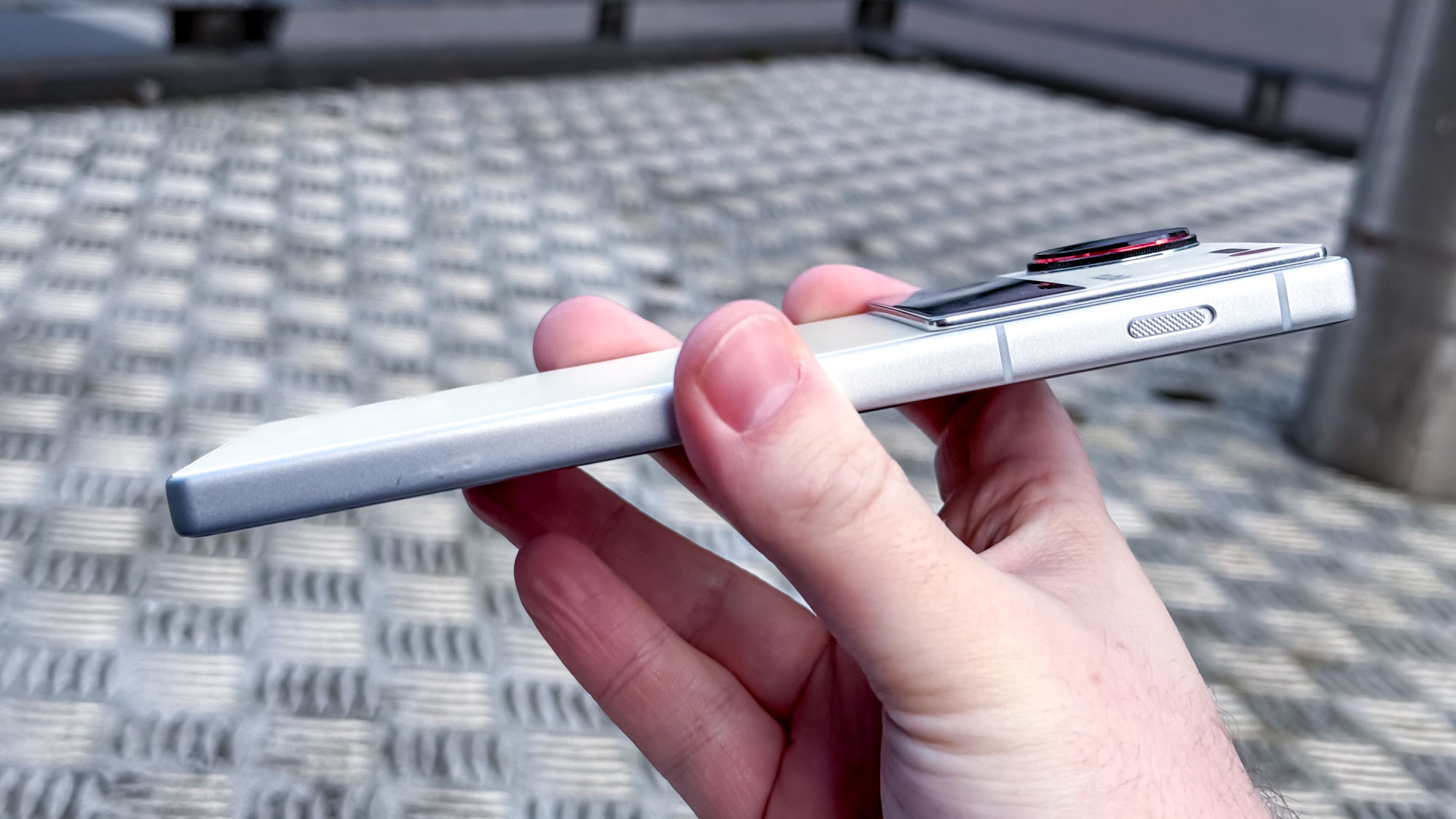
The screen on the Z70 Ultra measures 6.85 inches, with a peak refresh rate of 144Hz and a resolution of 1.5K, sitting between the typical FHD and QHD resolutions. Underneath the screen, you’ll find the latest generation of under-display camera, aligned centrally like many Android phones but otherwise hidden completely. There's also a high 2592Hz PWM dimming rate, which could help users who suffer with eye strain from using phones with slower dimming rates like the Galaxy S24 or Pixel 9.
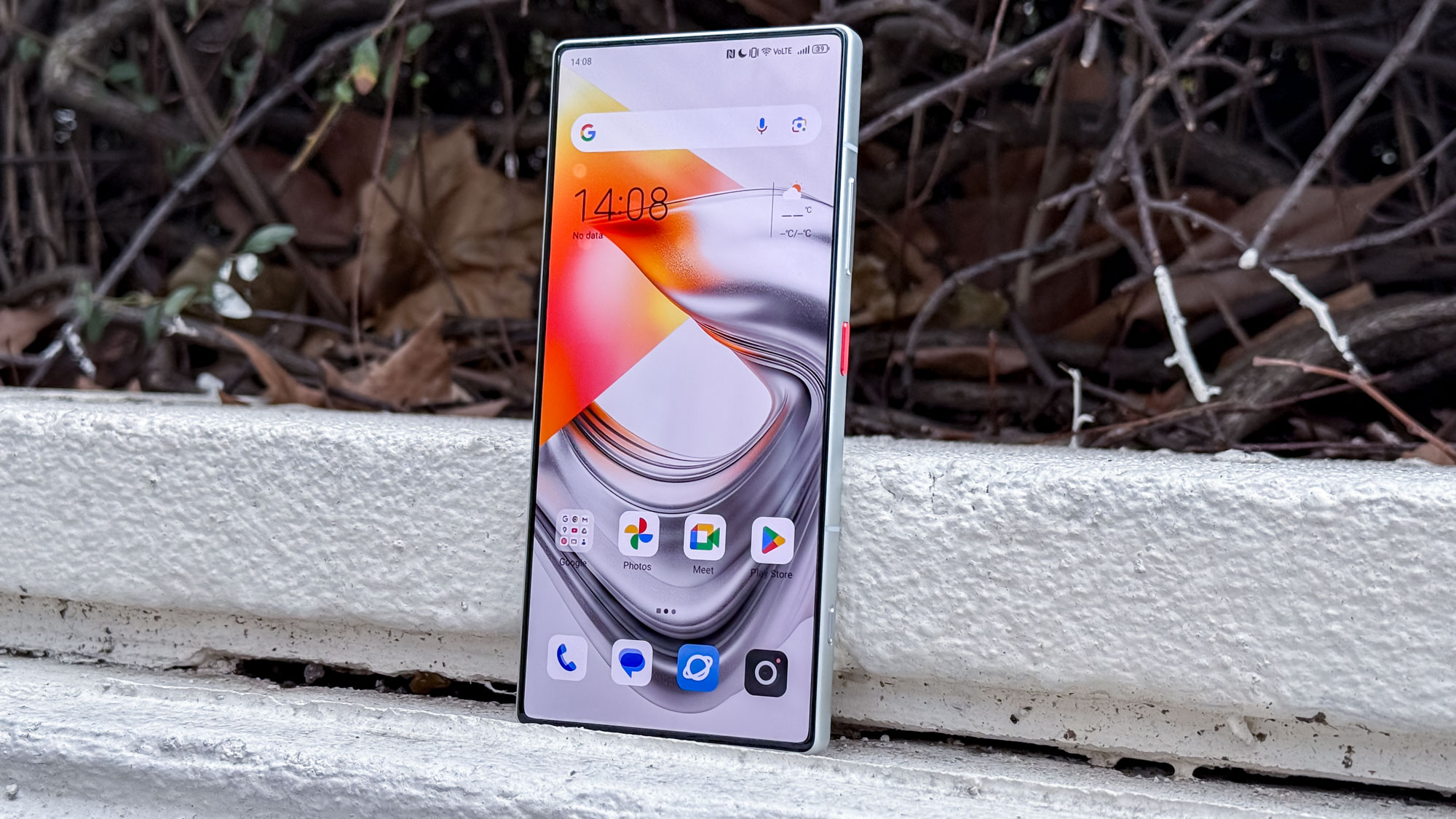
The display offers warmer colors on average than other leading Android phones to my eyes, something that is noticeable but not a point either in favor or against the phone. However, the fact that the under-display camera makes a funny colored blob when big blocks of certain colors are on-screen can be a problem. You still can't see the camera, so it doesn't completely spoil the image, but you can tell something's going on in that region of the screen.
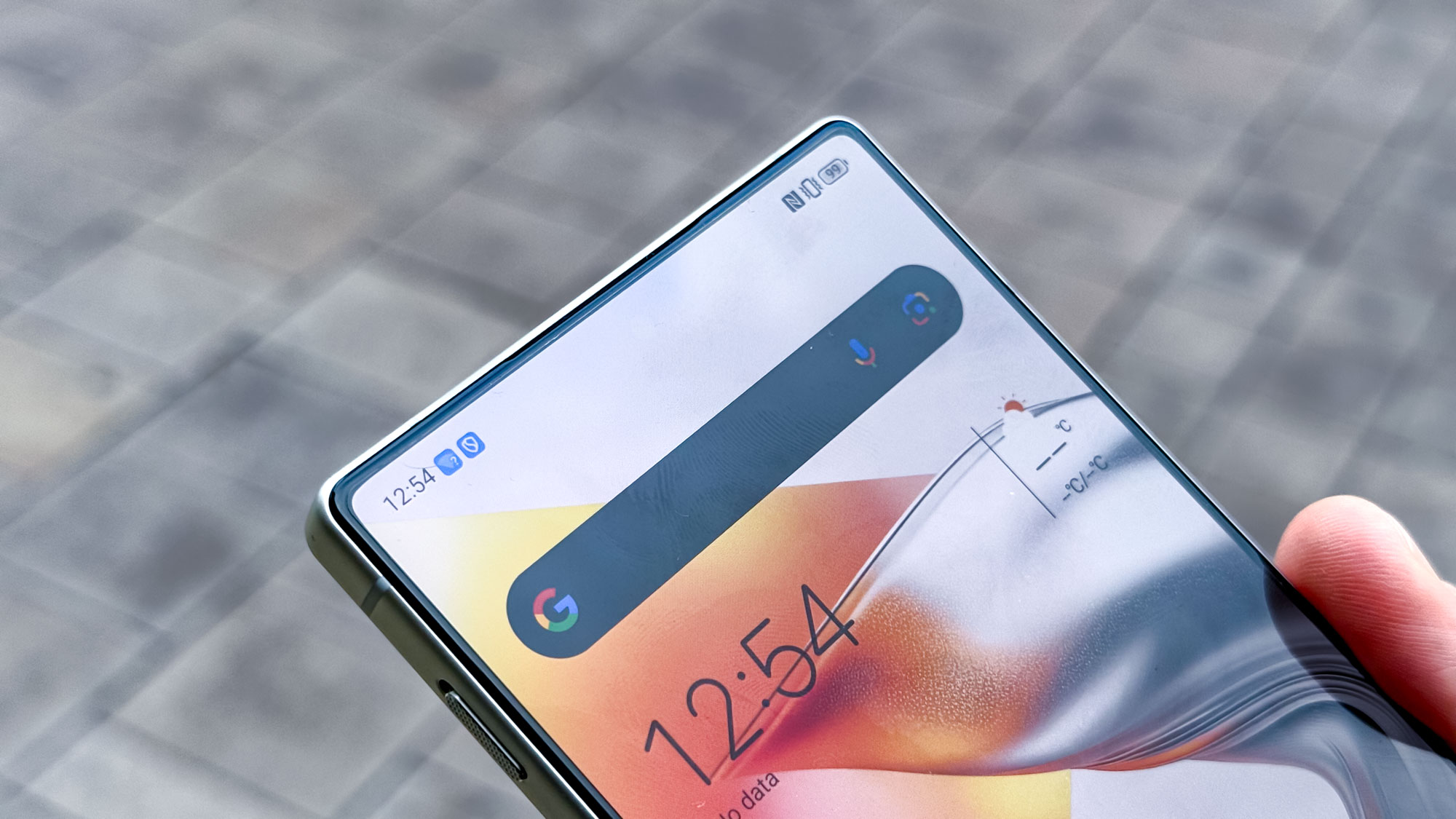
Nubia promises 2,000-nit peak brightness for the Z70 Ultra's display; we didn’t have the opportunity to test this claim in our lab. But holding the Nubia next to other phones, I'd say it's similar in brightness to the Galaxy S24 Ultra, but dimmer than the super-bright Pixel 9 Pro XL.
Nubia claims that the 2nd-gen Longxi toughened glass covering the display has 2x better drop and scratch resistance compared to the original version, although how it compares to more widely used Gorilla Glass isn't clear. But with an IP68/69 rating, the Nubia Z70 Ultra is dust-tight and can survive 1.5m underwater for 30 mins while also withstanding jets of 80 degrees Celsius (176F) water at 100 bars of pressure. This should be among the best phones around in terms of water/dust resistance.
Nubia Z70 Ultra review: Cameras
It's safe to say the Nubia has far better cameras than any other phone for its price. The loadout, consisting of 50MP main, 50MP ultrawide, 64MP 2x optical zoom telephoto, and 16MP front cameras, is on par with other ultra and pro phones, but Nubia wasn't satisfied with just matching the sensor resolution.
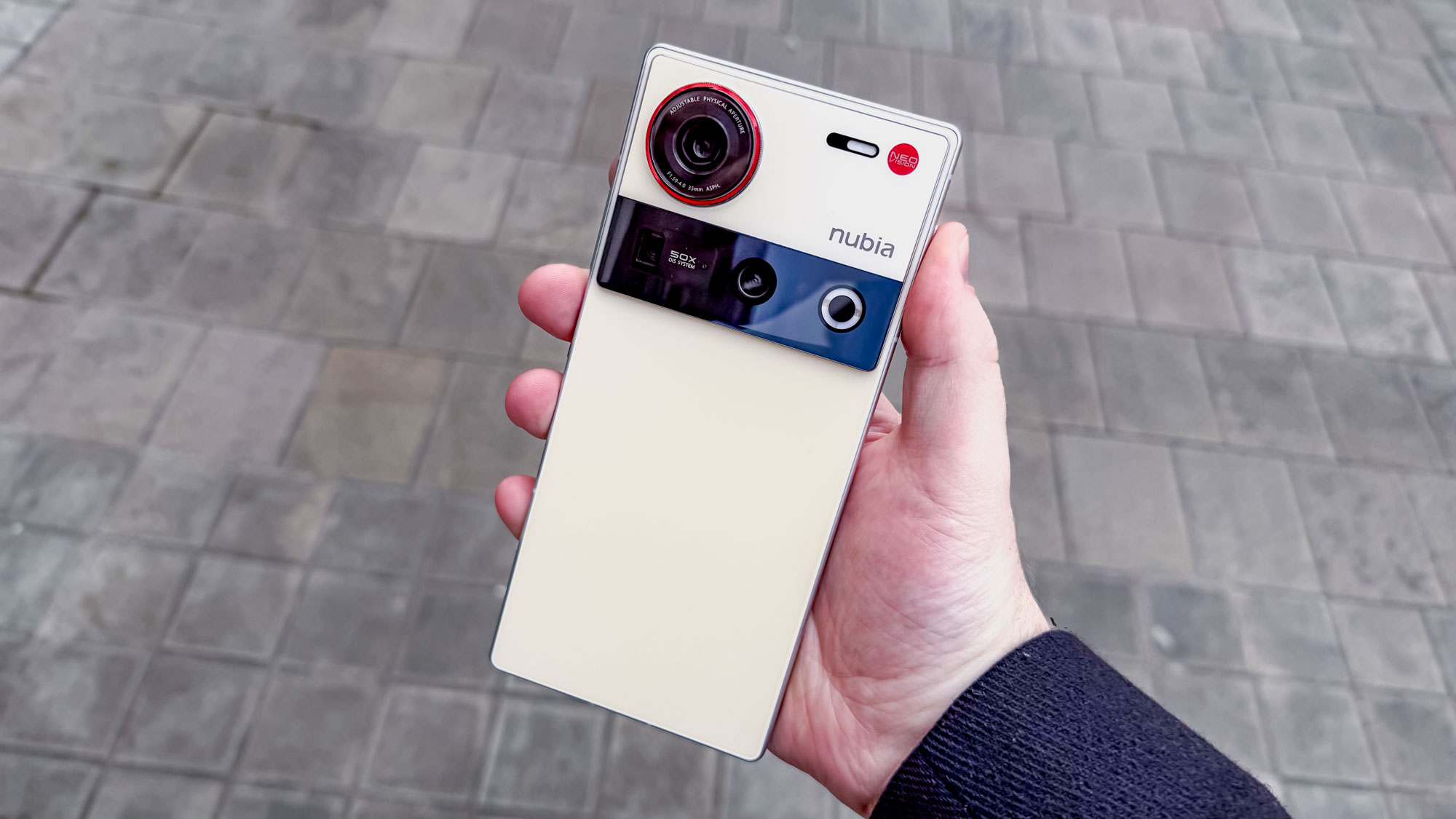
The Z70 Ultra contains what Nubia calls the “world's first 35mm custom optical lens with adjustable physical aperture,” referring to the main camera's aperture. It can be adjusted to nine different opening sizes (between f/1.59 to f/4.0, to be precise). The aperture of a camera lens is a major factor on its focal range, which means how much of the photo you can see clearly and how much is artfully blurred.
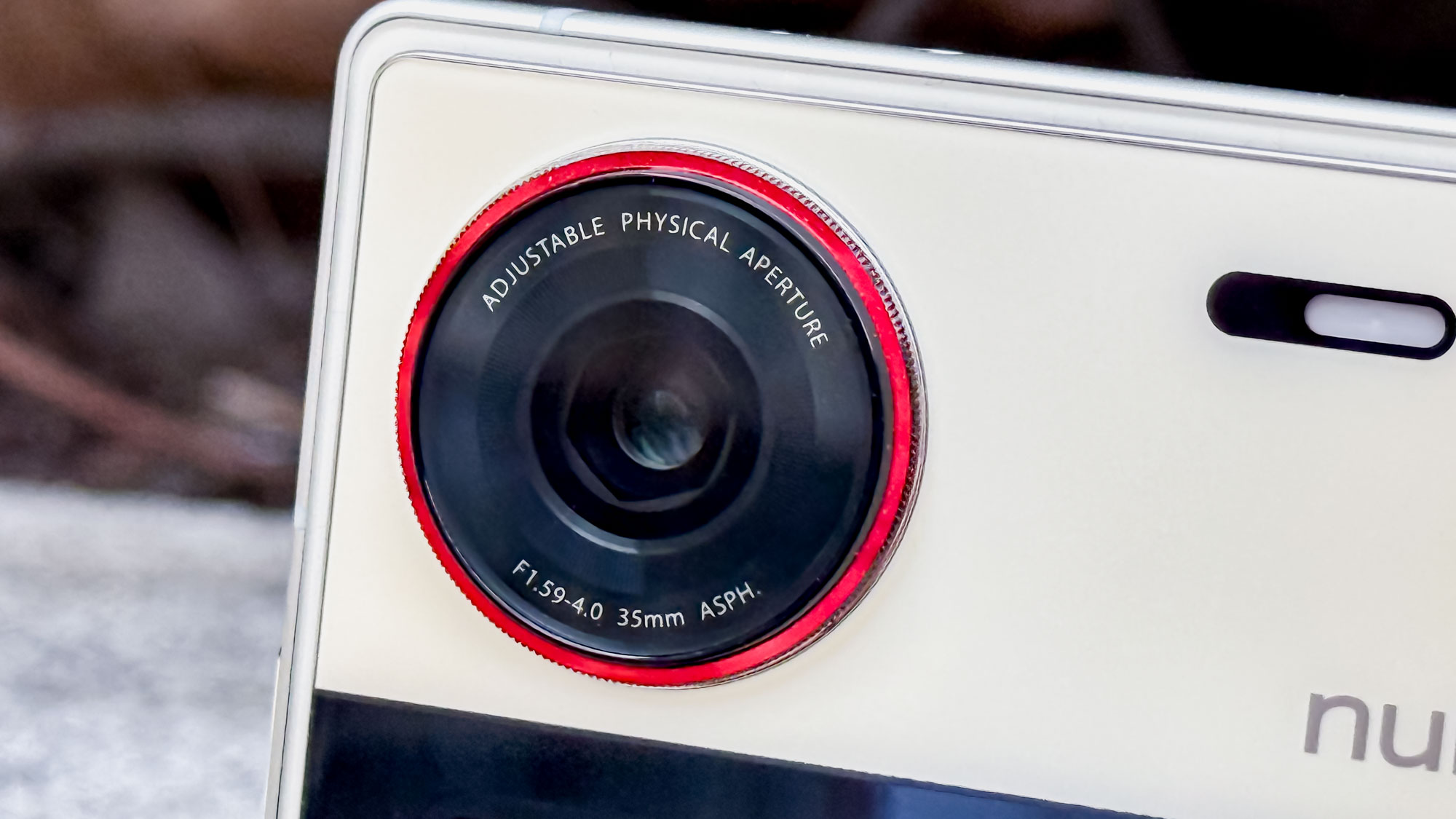
Adjustable aperture only activates in Pro mode, but it gives you a huge amount of flexibility that other phones can’t match. Even something like the Xiaomi 14 Ultra only offers two settings. It's an incredible amount of freedom that lets you add just the right amount of bokeh, but it's annoying that Nubia hides that feature alongside lots of other complicated settings.
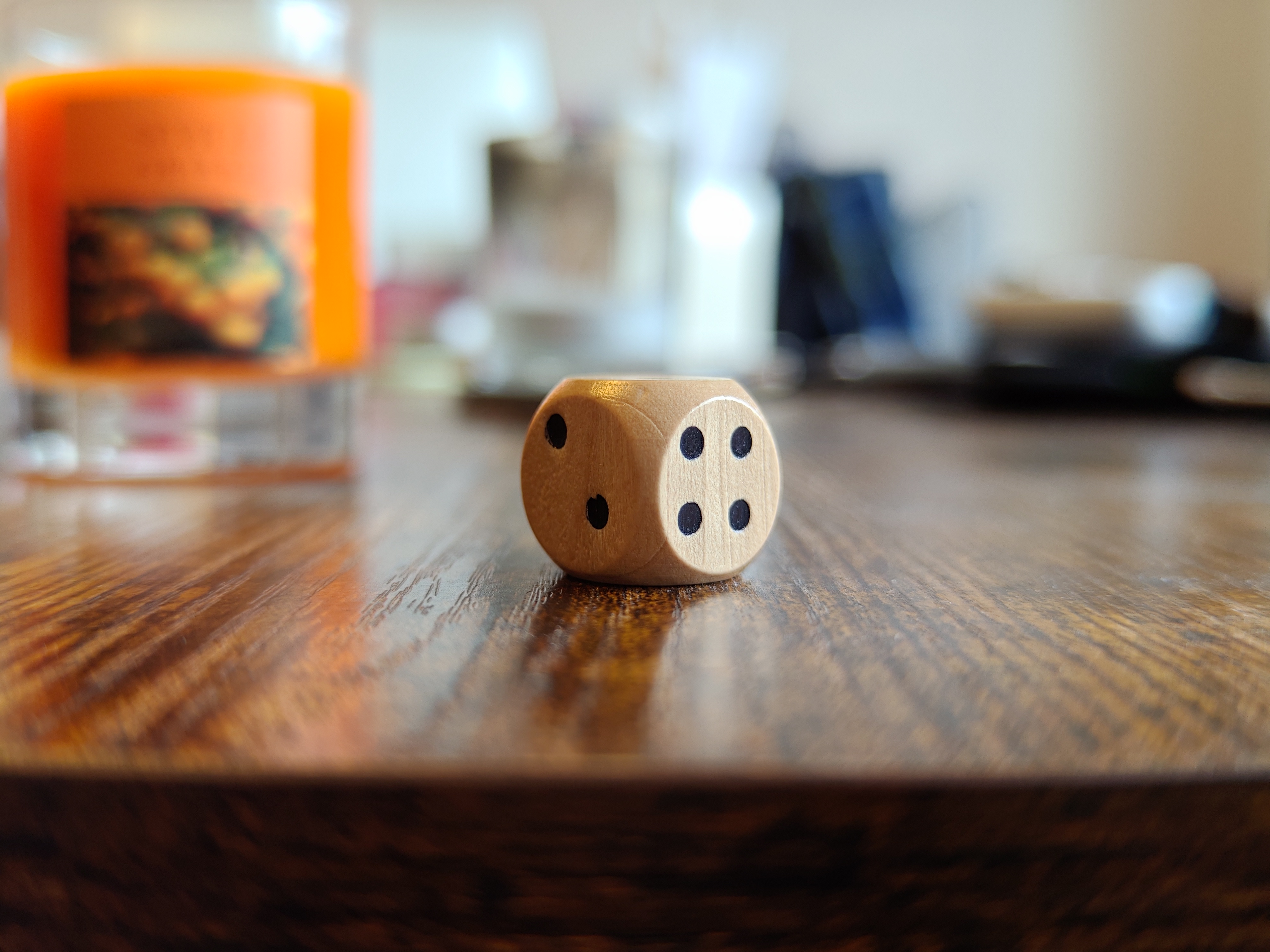
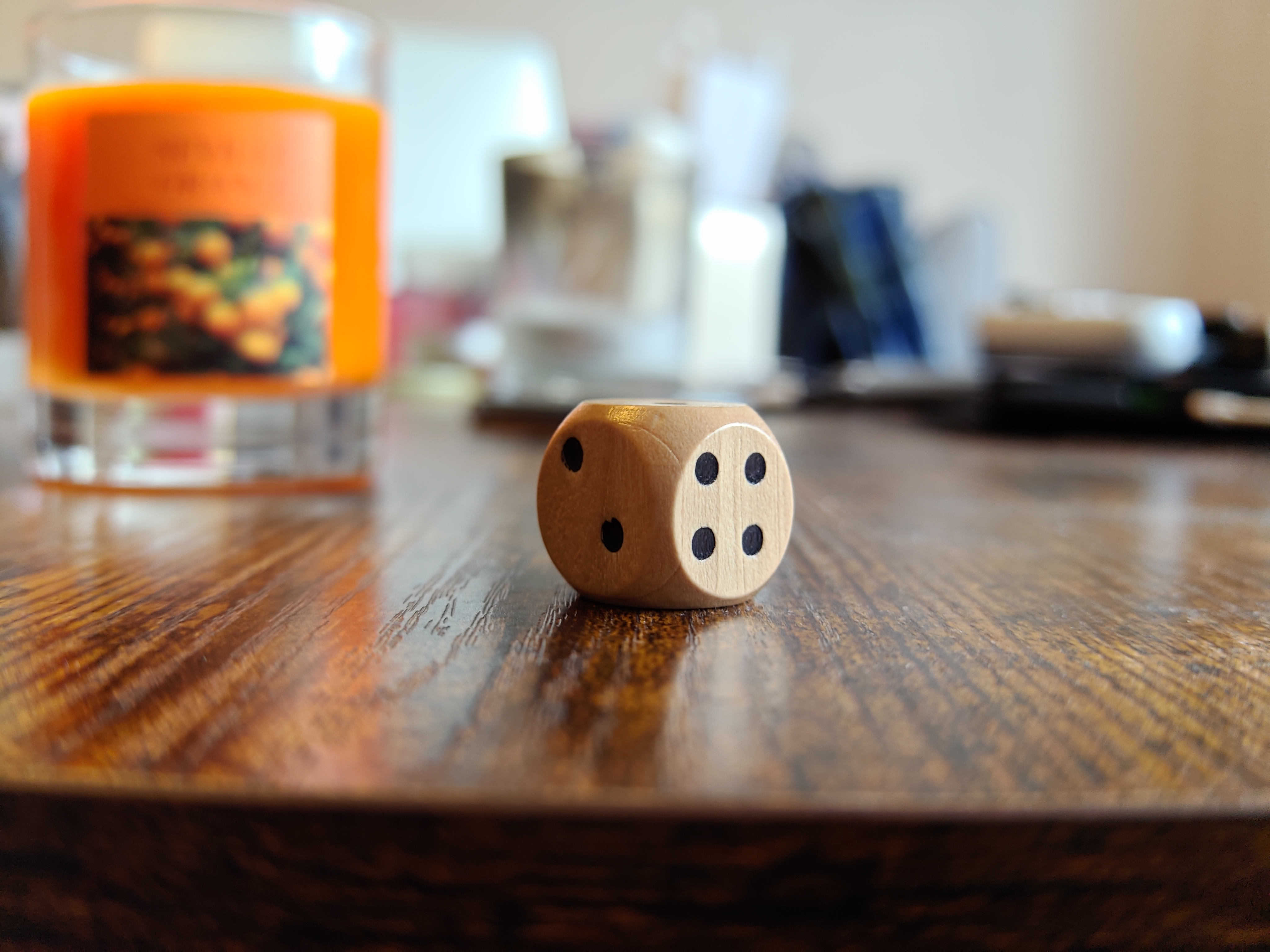
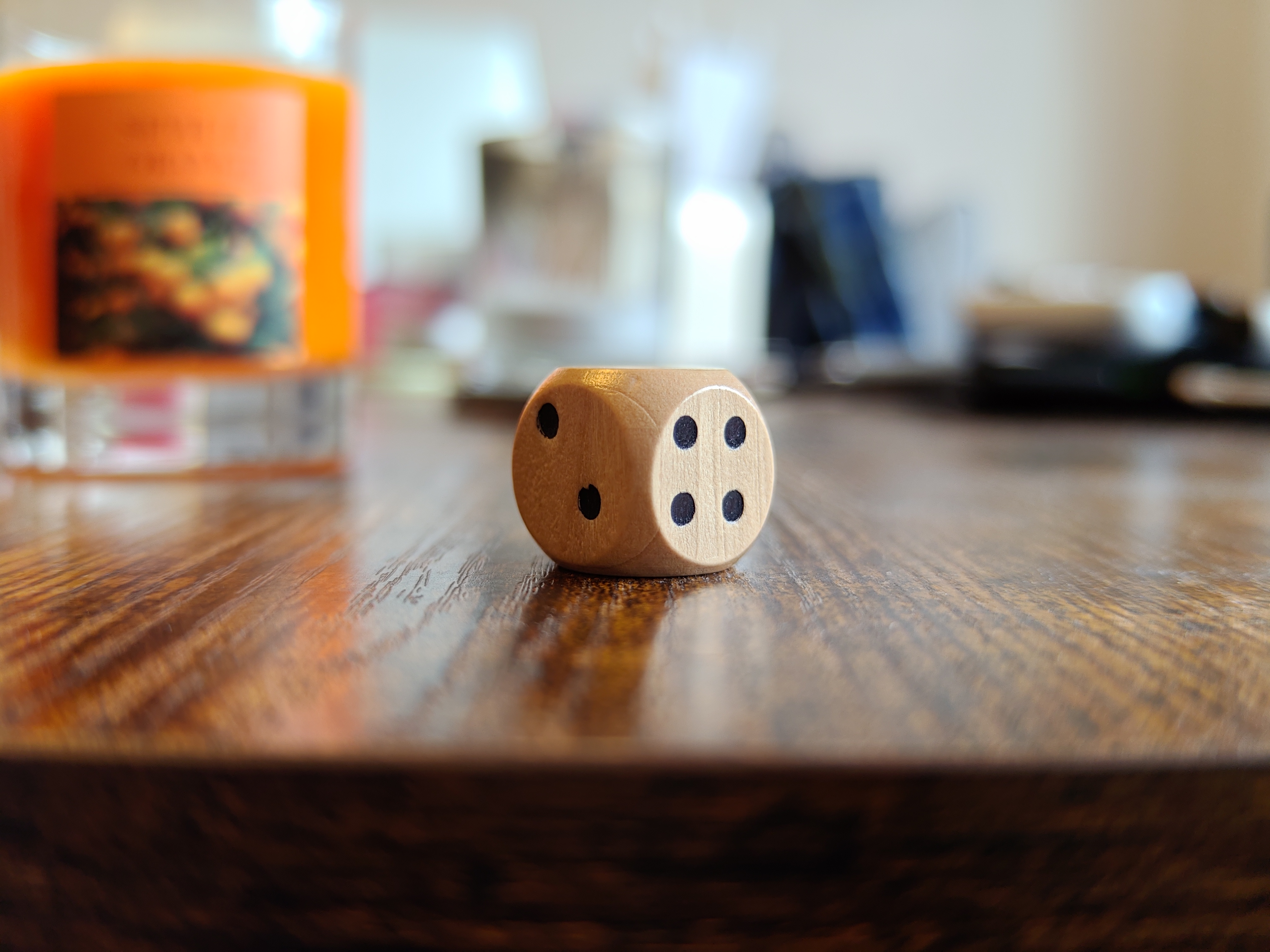
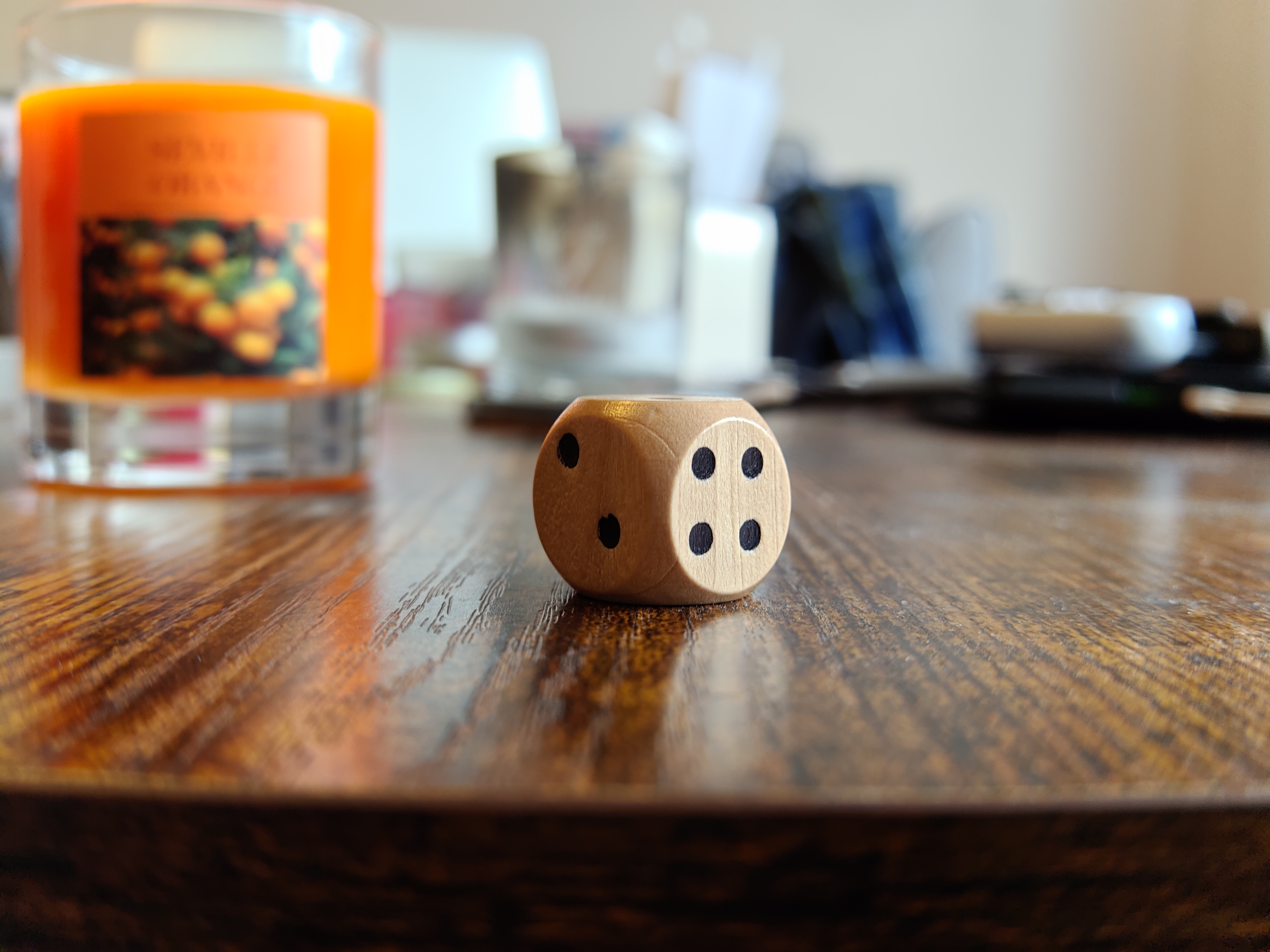
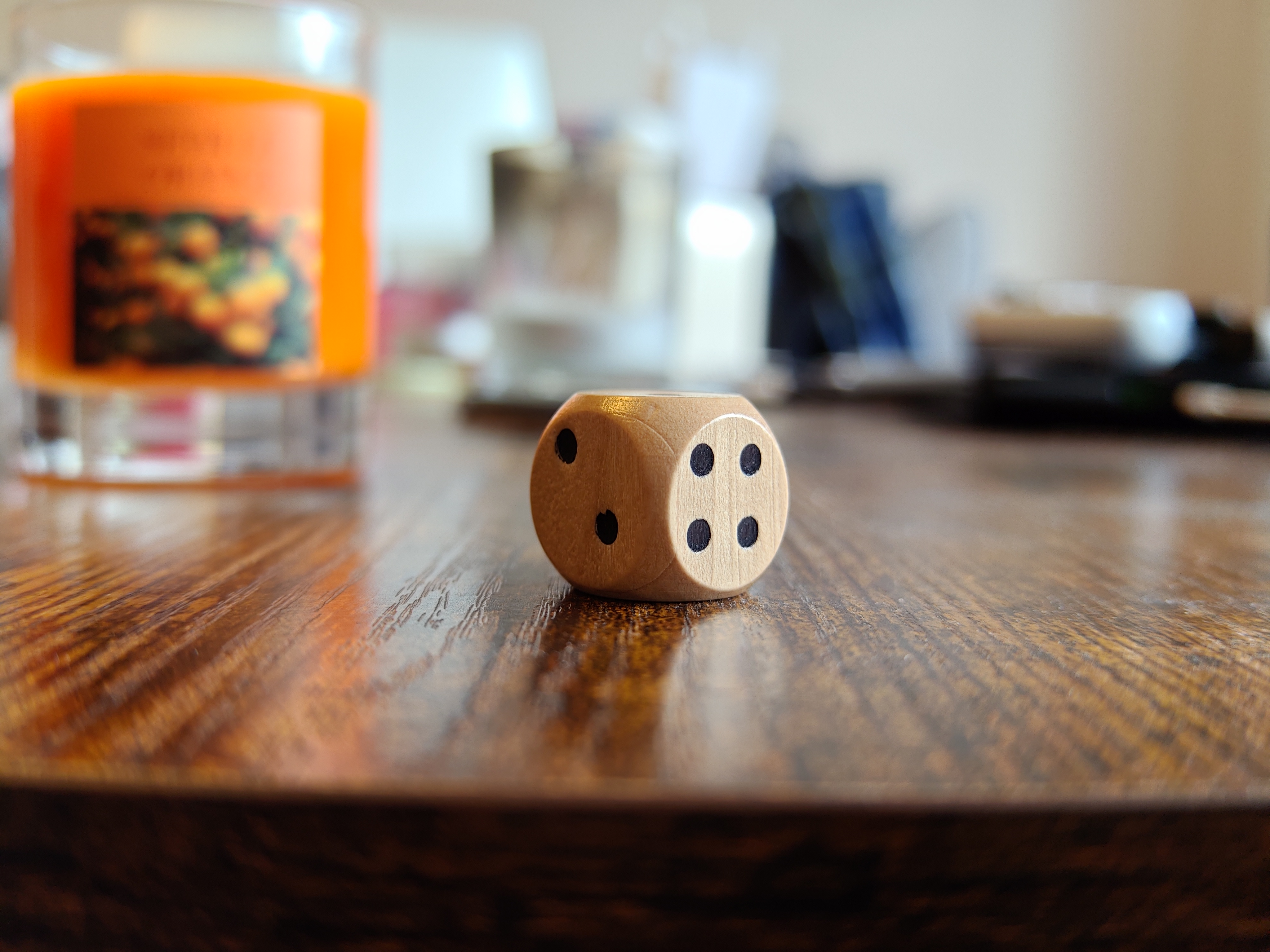
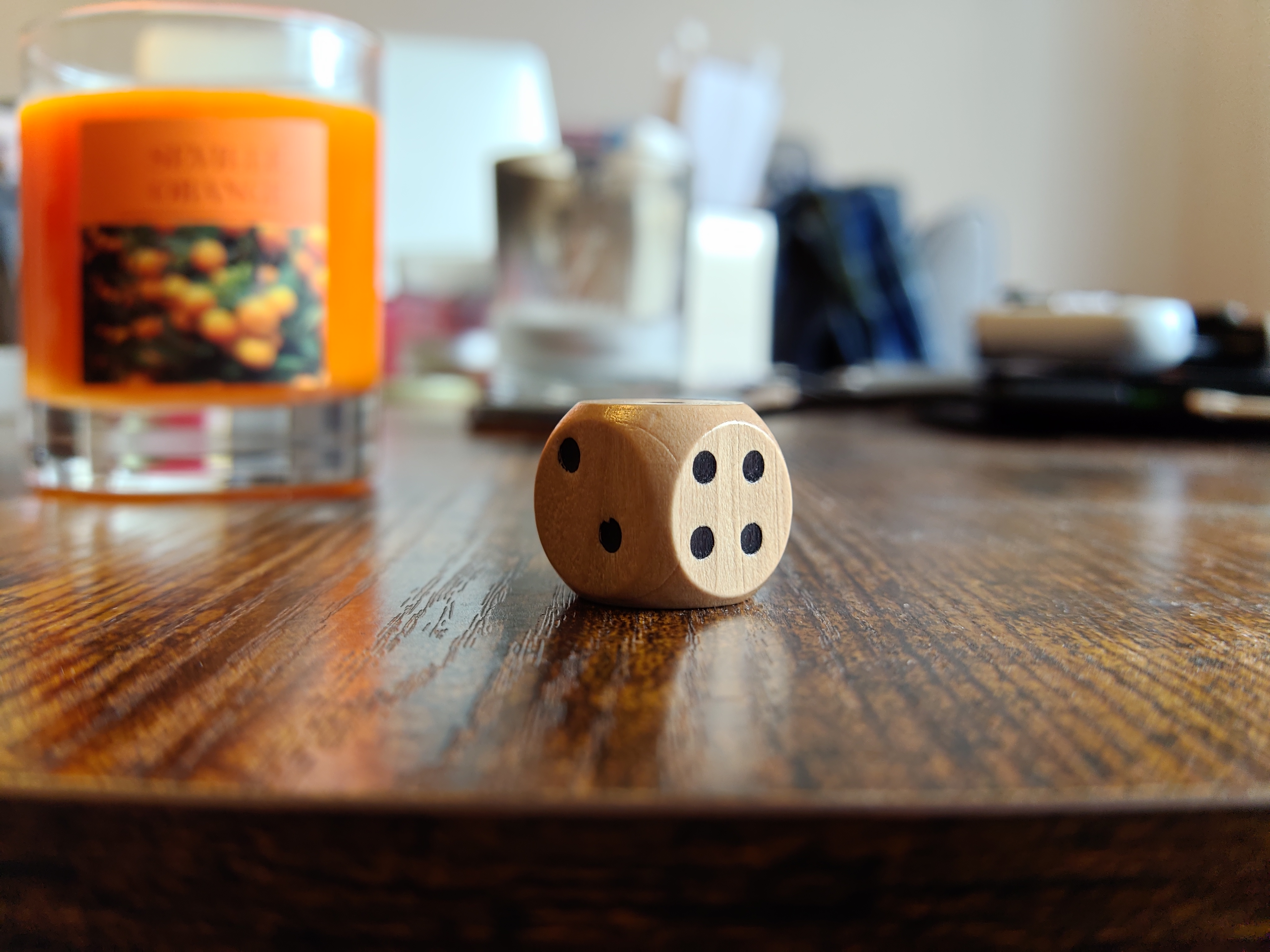
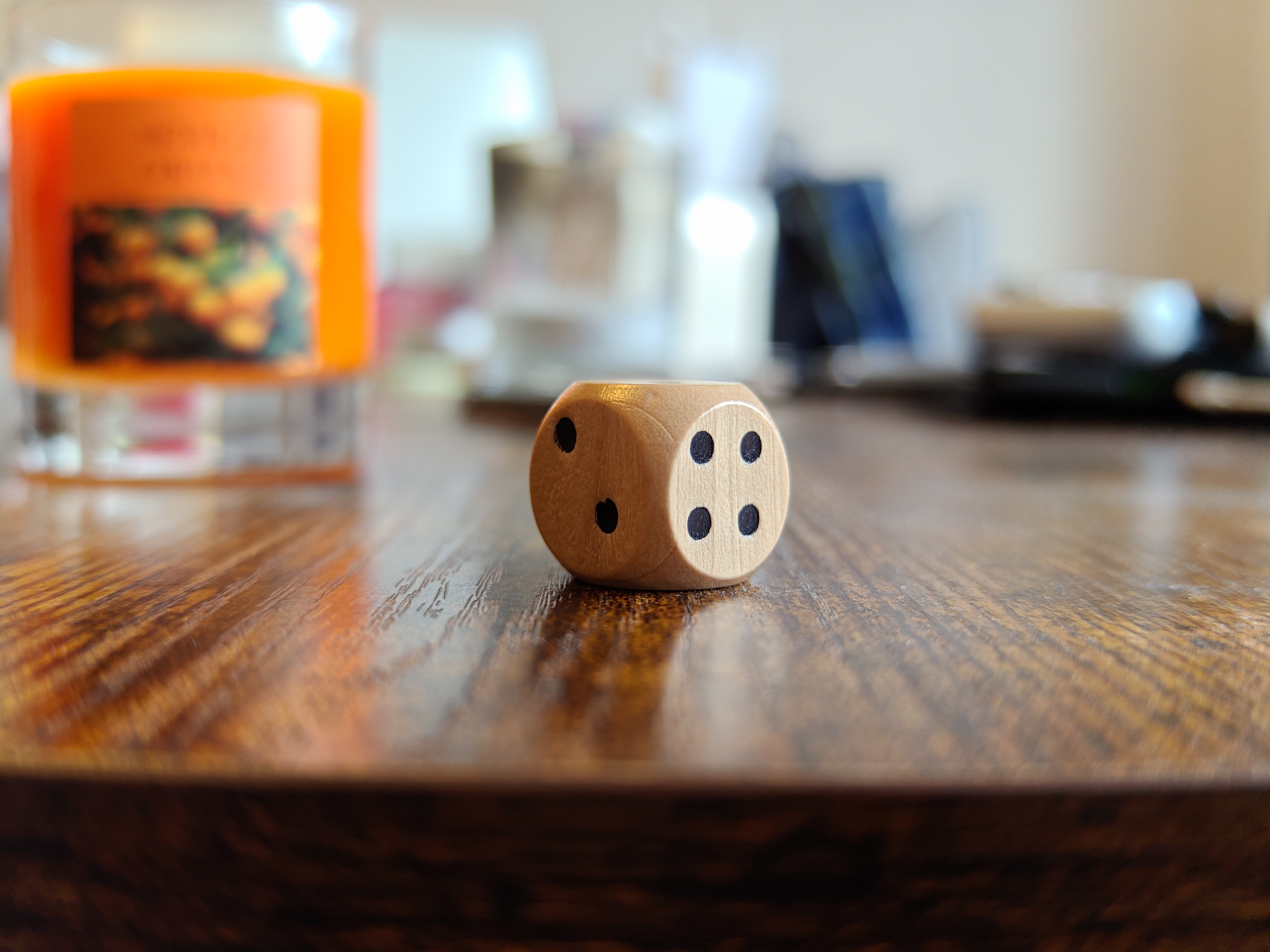
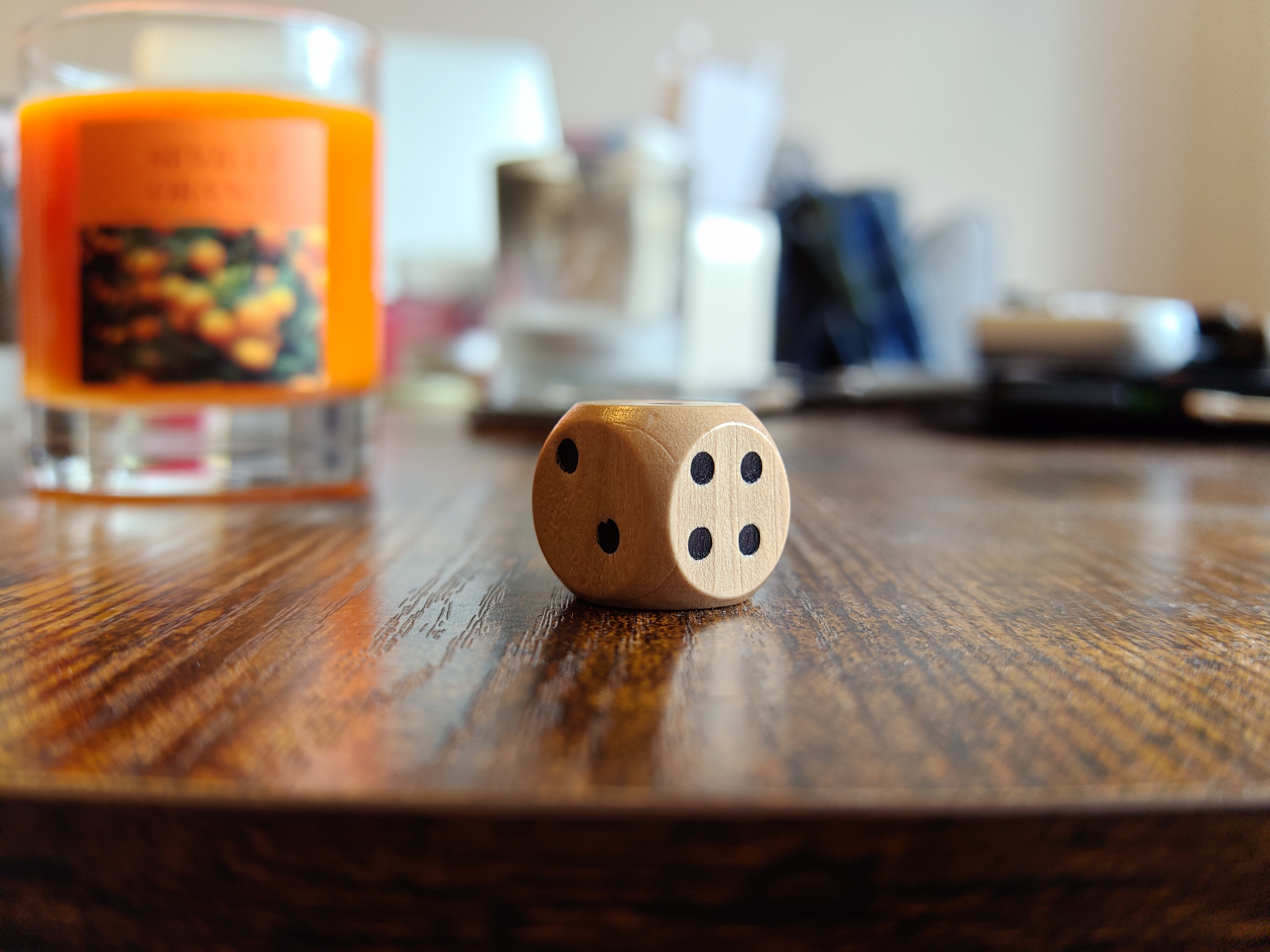
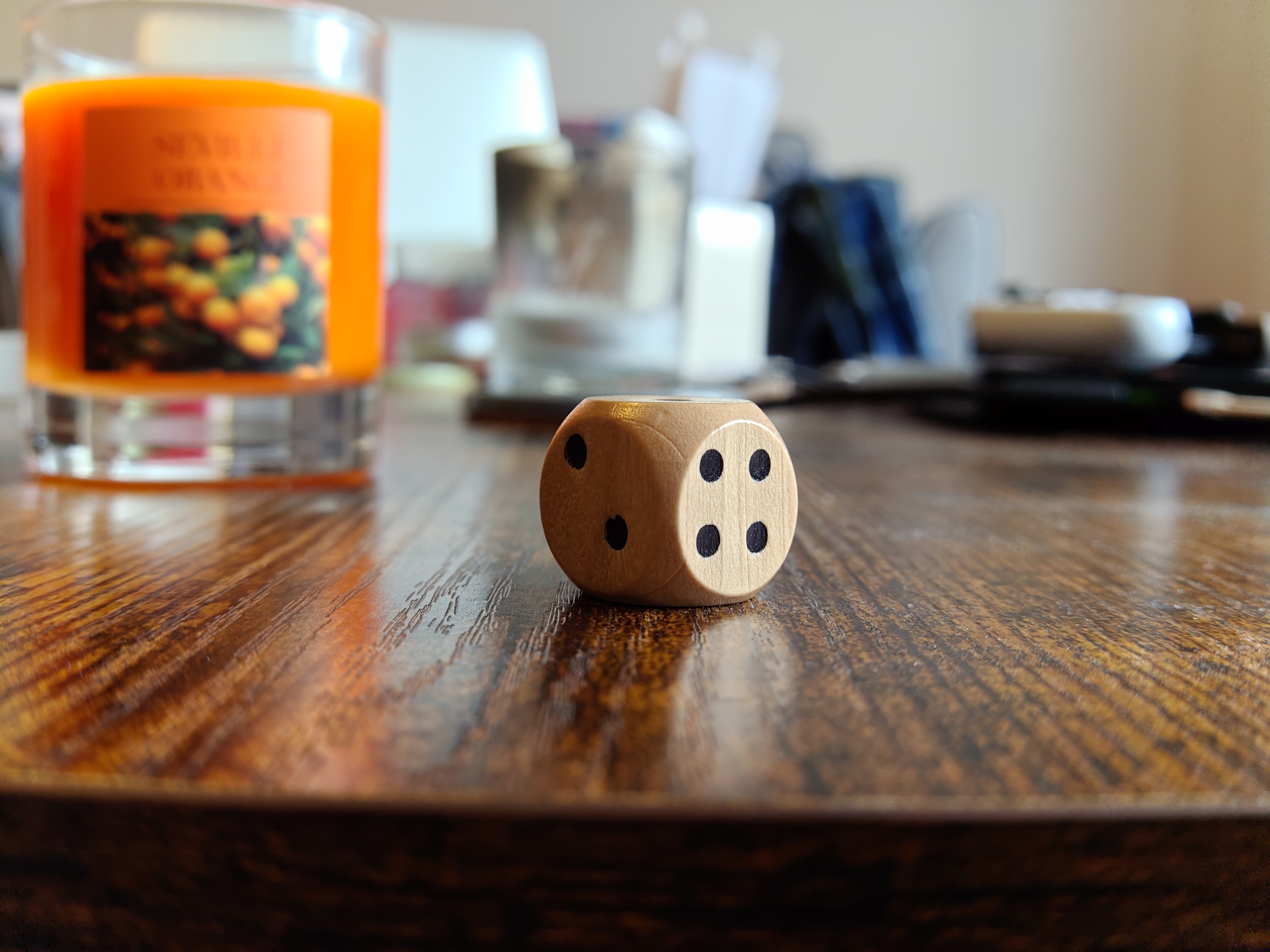
Let's focus now on the default photography experience on the Z70 Ultra. Nubia's Z series is unique in using main camera lenses that are more similar in zoom level to the human eye.
That's why in this shot of Glasgow's Central Station concourse from below, the Galaxy S24 Ultra shows way more of the surrounding buildings than the Nubia. The Nubia's image is the brighter of the two, and offers better contrast, while the Samsung photo is more colorful. But it's sort of hard to pick a winner when these are two very different shots, despite the fact that they’re capturing the same subject.
In night mode, against the Pixel 9 Pro XL, the Nubia has an obviously tighter shot due to its lens, but it’s also way more vivid. In the brighter areas of the church walls, you struggle to make out the bricks. The Pixel offers a greater balance between color and detail, as well as a wider field of view.
This ultrawide comparison of the Glasgow Gallery of Modern Art's columned entrance shows the advantage of the Nubia's larger sensors. Its take on this shot is also a lot brighter than the Google Pixel's, although it misses a little detail in elements like the signage on the building.
Opposite the entrance to the gallery is a statue of the Duke of Wellington, famous for always having a traffic cone placed on its head. I trained the Nubia and Pixel's telephoto cameras on the sculpture to get a better look.
The Nubia only supports a 2.7x optical zoom, with this shot using digital zoom to crop in to 5x zoom to match the Pixel 9 Pro XL. This, combined with the narrower FOV of the Nubia's cameras, made this shot hard to frame on the Z70. At this level, the Pixel is clearly superior with better color, brightness and detail of the metal statue and plastic cone.
We finish with a selfie portrait shot comparison between the Z70 Ultra and the Pixel. The Z70 Ultra's image is quite soft, as you'd expect from a camera that's got to shoot through the display that keeps it hidden. The brightness is once again pretty good, but the color and detail that the Pixel image gives is far better.
Like many phones from China-based companies, the Nubia Z70 Ultra has a prominent Beautification slider that lets you choose how much on-device editing you'd like the phone to perform to photos of you or your friends. As this slider shows, Beautification has smoothed out parts of my skin and reduced the pinkness of my windburnt cheeks. I would rather keep this feature disabled since it does little to improve the shot in ways I like, but it's there if you care to use it.
Nubia Z70 Ultra review: Performance
Nubia's ready for 2025 with the state-of-the-art Snapdragon 8 Elite chip inside the Z70 Ultra. This chip is already powering amazing phones like the Asus ROG Phone 9 Pro, and is likely to run other top phones of the coming year like the Samsung Galaxy S25 series and the OnePlus 13.
The numbers below make for interesting reading, as the Nubia has the best results on Geekbench multi-core and 3DMark Wild Life Extreme test results of any phone we've tested this year. But only by default, as the ROG Phone 9 Pro in its optional high-performance X Mode, using the same chip, outperforms the Nubia. Plus, the iPhone 16 Pro Max's A18 Pro chip still dominates in single-core performance.
You can buy the Z70 Ultra in three different memory variants. The basic version, with 12GB RAM and 256GB storage, is in line with many other flagship phones, but unlike Samsung or Google or OnePlus, the RAM keeps growing along with the storage. Paying extra gets you a 16GB/512GB edition, and the highest price will give you 24GB and 1TB. That's a lot of memory, especially for the $949 price.
Nubia Z70 Ultra review: Battery and charging
The Nubia Z70 Ultra's battery specs are just as impressive as the amount of RAM packed into the phone. The 6,150 mAh battery is large even for the new generation of devices with silicon-carbon cells, something we look to be getting even more of in the new year.
On my personal battery test, which checks how much battery a phone loses after a 3-hour YouTube video session, the Nubia Z70 Ultra drained by 16%. Compared to the Pixel 9 Pro XL, which drains 15%, the OnePlus 12 (18%), and Galaxy S24 Ultra (21%), that's a pretty good result for Nubia. But considering the battery is more than 20% larger than any of the other phones on this list, I'd hoped for a little better.
Nubia also provides 80W wired charging on the Z70 Ultra, with a brick in the box supplied for your convenience. It can refill the Z70 Ultra's battery 28% in 15 minutes, 53% in 30 minutes and to 100% in 63 minutes. There are faster charging phones like the OnePlus 12, but next to none with comparable capacities to fill, so the Nubia gets some slack here.
Nubia Z70 Ultra review: Software and special features
Nubia moved from MyOS to a new Nebula AIOS for its latest flagship phone, with an obvious focus on the latest industry buzzword. Nebula AIOS is based on Android 15, and should receive three full updates during its life, which is a little limited compared to the seven years that Google and Samsung offer for their flagships, or even the four years full updates and five years security updates that OnePlus offers.
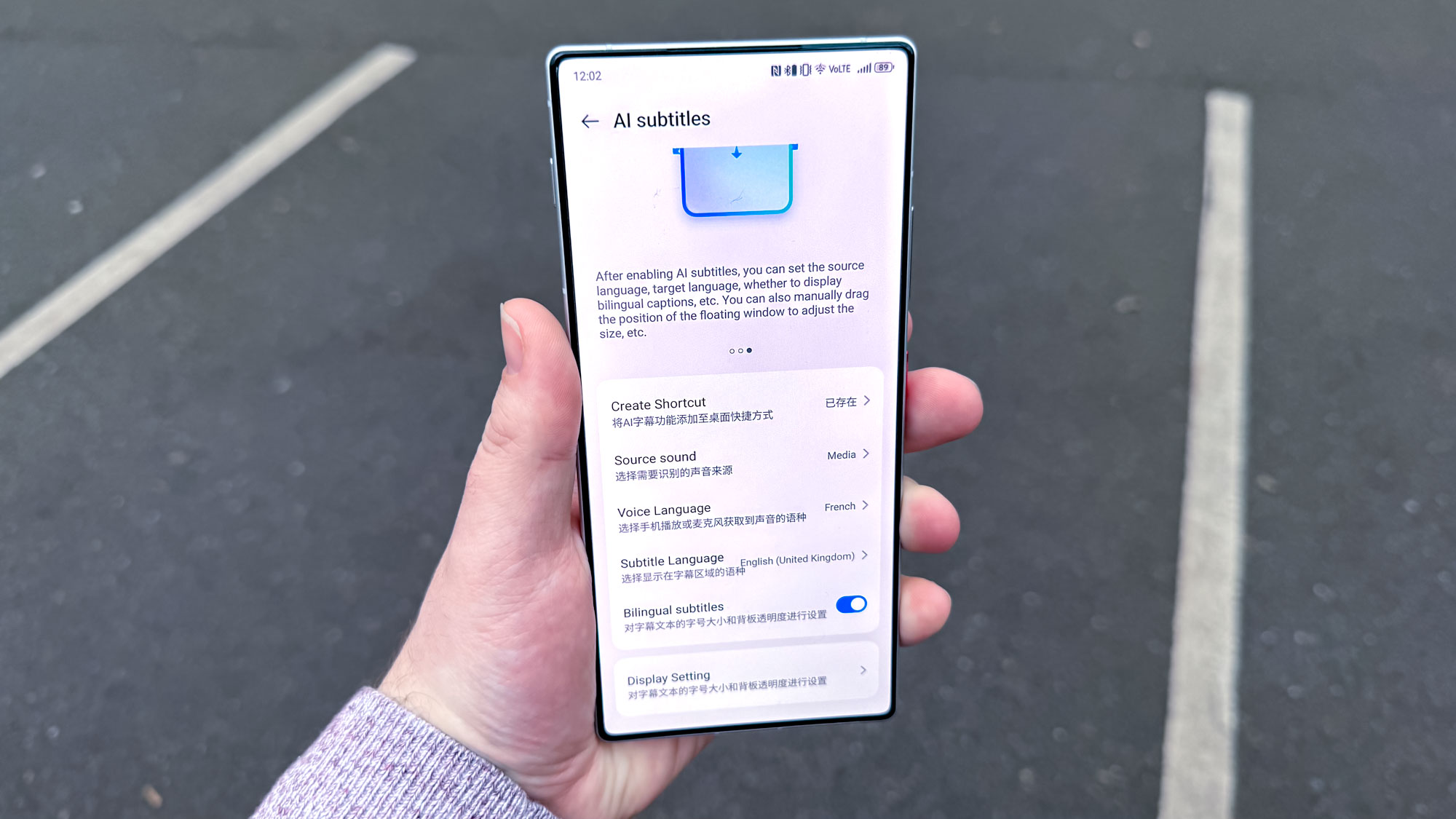
Even with the new name, the Nebula AIOS interface has inherited the terrible translation (or in some areas of the UI a complete lack of it) that's plagued Nubia, ZTE and RedMagic phones for as long as I've been testing them. It's an additional layer of awkwardness when using the phone that rival devices don't inflict on you. It’s especially ironic given Nubia offers real-time translation for six languages as part of the OS.
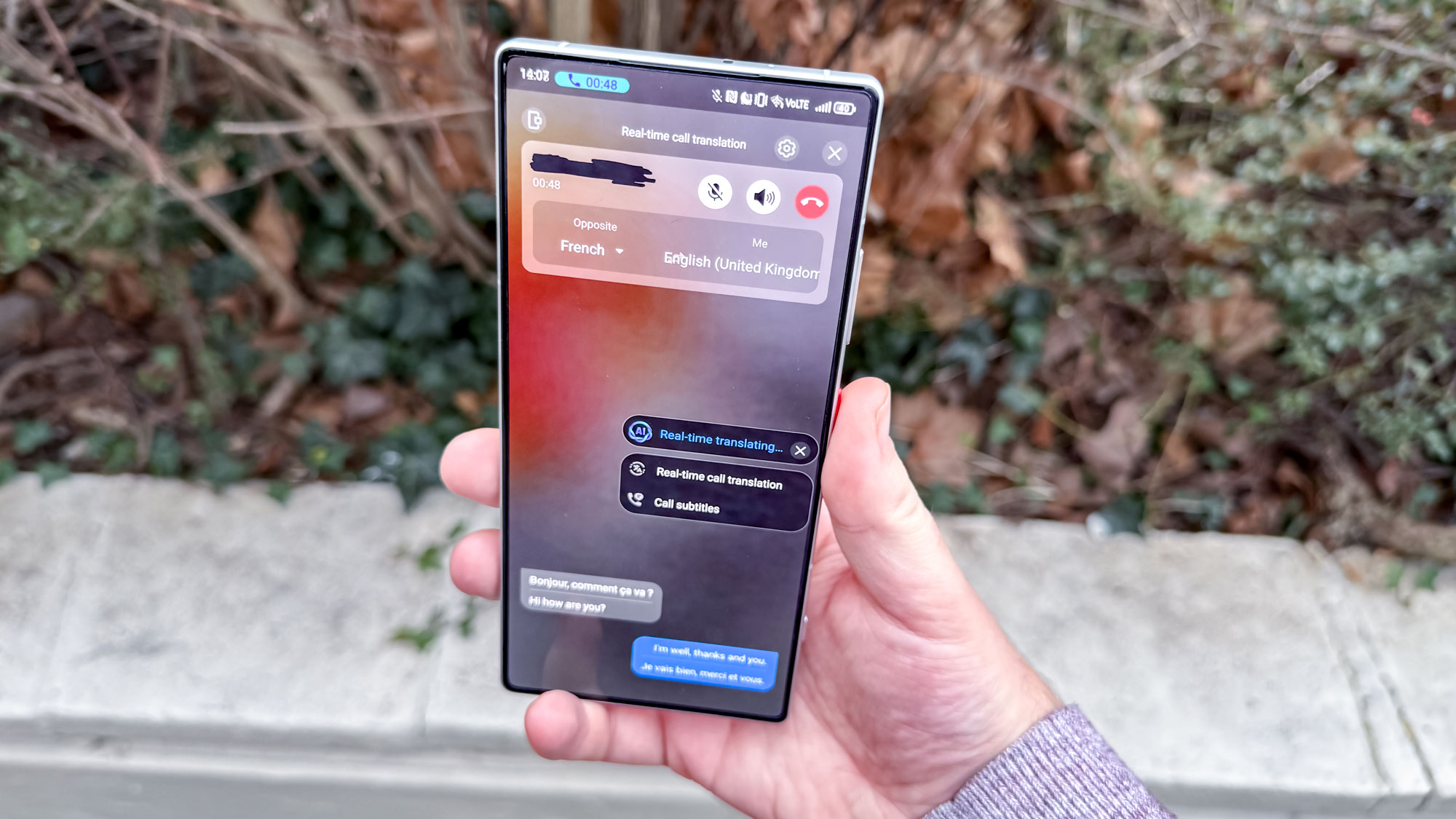
Not that the translation feature works brilliantly, either. The AI translation tool is slow to respond during a test call where I spoke the little French I still remember from school. The translation was accurate, but there were several seconds between me finishing my statement, the translation being processed and then the voice reading out the translation to the other caller. It's a far less smooth experience to the version of this that Samsung and Google offers.
Nubia Z70 Ultra review: Verdict
The Nubia Z70 Ultra shows that while prioritizing hardware can give you good value, you'll usually be making a sacrifice somewhere else. And in that case, it's with the rough edges in the software and the camera systems that keeps the adjustable aperture — the phone's strongest tool — hidden away from regular users.
Tolerating these quirks keeps several hundreds of your local currency in your bank account, though, so some might be tempted to cut Nubia some slack. Plus you also get some of the best performance on any phone available right now, strong battery life and some simple but effective physical shortcut buttons.
I wouldn't rush to buy the Nuba Z70 Ultra at the moment, as by the end of January 2025, we will hopefully have new flagship Samsung and OnePlus phones to check out, with a strong possibility that they wind up matching or beating the Nubia's features. But as a late entry to the 2024 flagship phone race, the Nubia Z70 UItra shows it could have great potential in the right hands, while remaining a strong flagship value pick deep into next year.







